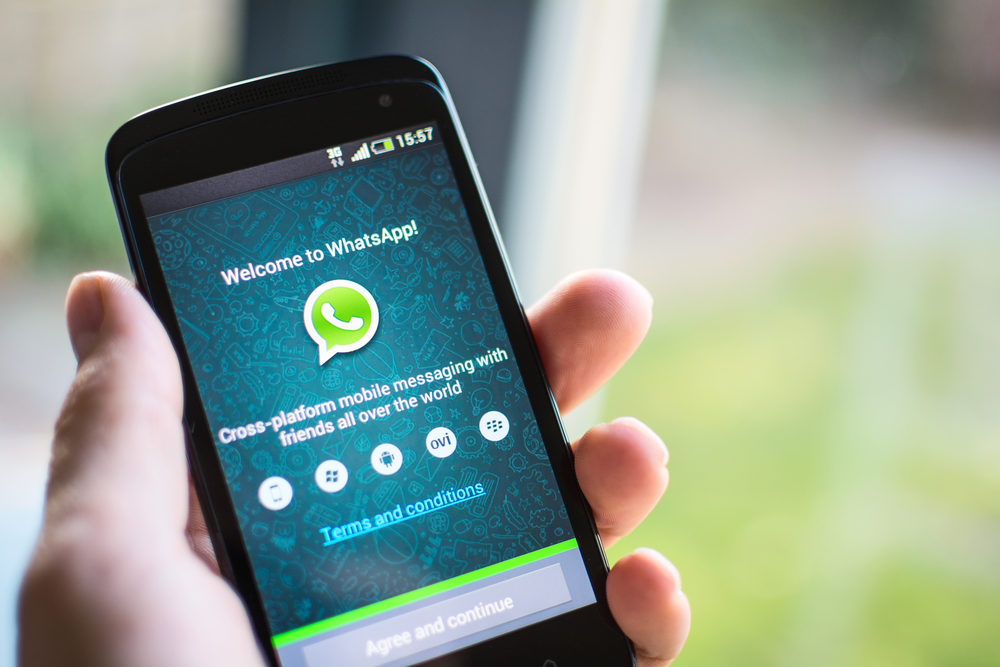The Nigerian Communications Commission (NCC) has alerted telecom consumers and members of the public on an ongoing cyber-vulnerability which allows a nearby hacker to unlock vehicles, start their engines wirelessly and make away with them.
The NCC’s Director of Public Affairs (DPA), Dr Ikechukwu Adinde, made this known in a statement on Sunday in Abuja.
Adinde quoted the latest advisory released by the Computer Security Incident Response Team (CSIRT) established by the NCC, as saying:
“The fact that car remotes were categorised as short-range devices that make use of Radio Frequency (RF) to lock and unlock cars informed the need to alert Nigerians on this emergent danger.
“The vulnerability is a Man-in-the-Middle (MitM) attack or, more specifically, a replay attack in which an attacker intercepts the RF signals normally sent from a remote key fob to the car.
“It manipulates these signals and re-sends them later to unlock the car at will.
“With this latest type of cyber-attack, it is also possible to manipulate the captured commands and re-transmit them to achieve a different outcome altogether.
“Multiple researchers disclosed a vulnerability, which is said to be used by a nearby attacker to unlock some Honda and Acura car models and start their engines wirelessly.
“The attack consists of a threat actor capturing the RF signals sent from your key fob to the car and resending these signals to take control of your car’s remote keyless entry system,” the advisory stated.
He, however, said that the NCC-CSIRT, in the advisory, had offered some precautionary measures or solutions that could be adopted by car owners to prevent falling victim.
According to the cyber-alert unit of the commission, when affected, the only mitigation is to reset your key fob at the dealership.
“Besides, the affected car manufacturer may provide a security mechanism that will generate fresh codes for each authentication request, this makes it difficult for an attacker to ‘replay’ the codes thereafter.
“Additionally, vulnerable car users should store their key fobs in signal-blocking ’Faraday pouches’ when not in use.”
He advised car owners in these categories to choose Passive Keyless Entry (PKE) as opposed to Remote Keyless Entry (RKE), which would make it harder for an attacker to read the signal due to the fact that criminals would need to be at close range to carry out their nefarious acts.
He explained that the PKE is an automotive security system that operates automatically when the user is in proximity to the vehicle, unlocking the door on approach or when the door handle is pulled.
He also said that the user locks it when walking away or touches the car on exit.
He added that the RKE system, on the other hand, represents the standard solution for conveniently locking and unlocking a vehicle’s doors and luggage compartment by remote control.
In a related advisory, he said that the NCC, based on another detection by CSIRT, wishes to inform the general public about the resurgence of Joker Trojan-Infected Android Apps on Google Play Store.
“This arose due to the activities of criminals who intentionally download legitimate apps from the Play Store, modify them by embedding the Trojan malware and then uploading the app back to the Play Store with a new name.
“The malicious payload is only activated once the apps goes live on the Play Store, which enables the apps to scale through Google’s strict evaluation process.
“Once installed, the apps request for permissions that once granted, enable the apps to have access to critical functions such as text messages and notifications.
“As a consequence, a compromised device will subscribe unwitting users to premium services, billing them for services that do not exist. A device like this can also be used to commit Short Messaging Service (SMS) fraud while the owner is unaware,” he said.
Adinde said that the app could click on online ads automatically and even use SMS One-Time Password (OTPs) to secretly approve payments without checking bank statements.
He said that the user would be unaware that he or she had subscribed to an online service.
He further said that other actions, such as stealing text messages, contacts, and other device data, were also possible.
He cautioned that to avoid falling victim to this manipulation, Android users should avoid downloading unnecessary apps or installing apps from unofficial sources.
According to him, the NCC also advises telecom consumers to ensure that apps installed from the Google Play Store are heavily scrutinised by reading reviews, assessing the developers, perusing the terms of use and only granting the necessary permissions.
“The commission recommends that unauthorised transactions be checked against any installed app.
“Indeed, any apps not in use should be deleted while users are also advised to ensure that a device is always patched and updated to the latest software,” he said.










